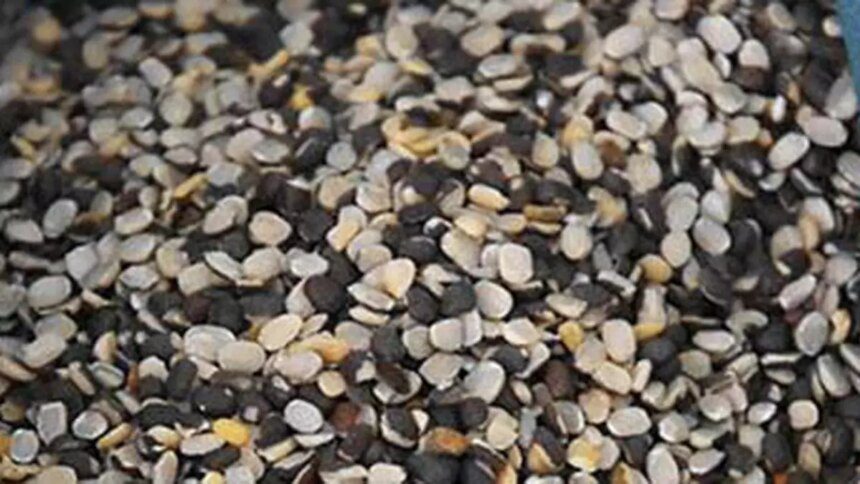World import demand for pulses dropped to 21.4 million tonnes (mt) in the calendar year 2024, primarily due to decreases in volumes of dry peas and lentils. This information was provided in a joint statement issued by the International Grains Council (IGC), India Middle East Agri Alliance (IMEAA), and Bharat Subcontinent Agri Foundation (BSAF) in observance of World Pulses Day on February 10.
The purpose of World Pulses Day is to emphasize the crucial role that pulses play in establishing sustainable and resilient food systems. Pulses serve as a staple in various regions, and the growth of global trade is expected to continue contributing to global food security.
According to the statement, global trade in pulses has expanded by more than one-third over the past decade. Despite a slight decline in import demand in 2024, totaling 21.4 mt, the volumes remained above average. The reduction in trade of dry peas was attributed to smaller shipments to China and the EU, offsetting strong demand from Indian buyers. Additionally, the decrease in lentils volumes was a result of reduced purchases by importers in South Asia and Near East Asia.
While combined pulses production, including dry peas, lentils, chickpeas, and broad beans, continues to grow, efforts are needed to address the challenges faced by the sector. In light of this, the IGC is set to host a dedicated workshop on June 10 in London, as part of the IGC Grains Conference, to evaluate the role of policy in the industry.
The IGC is also exploring collaborative initiatives with IMEAA and BSAF. The statement highlighted IMEAA’s commitment to driving the widespread adoption of pulses to facilitate a transition towards a low-carbon, regenerative agricultural model. By prioritizing pulses, the aim is to cultivate a future global food system that is more sustainable, resilient, and food-secure.









